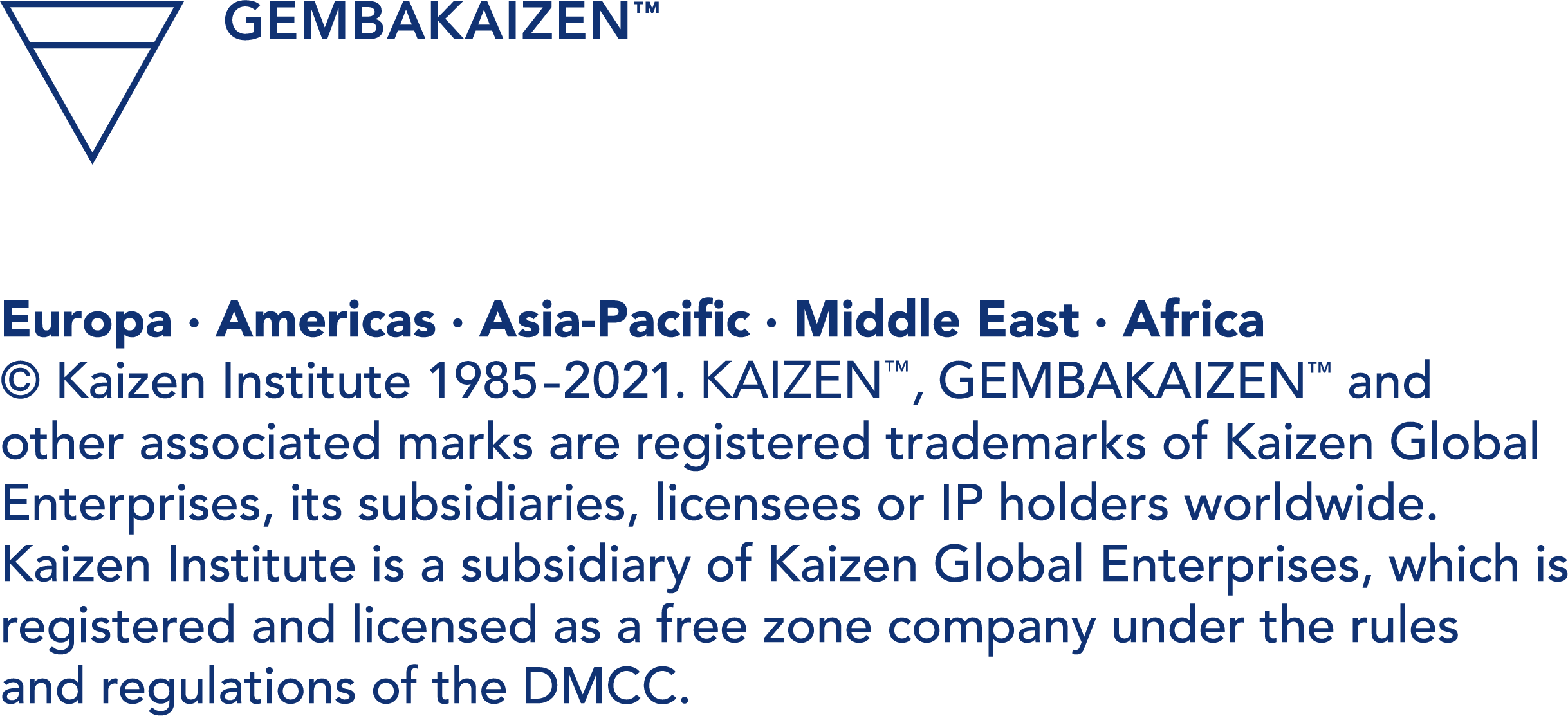Today's world is moving at high speed from many perspectives, putting tremendous pressure on organizations to be closer connected with their customers, to meet and anticipate their needs better, and to be more responsive while delivering increasingly customized products. This forces them to shorter strategic planning cycles. However, some industries have to plan their strategy based on longer cycles up to 10 years. Such an example is the pharmaceutical industry where it takes years to design, develop, test, and deploy a new drug. Continuous improvement is an excellent example of applying both Operational Excellence and Excellence in Innovation and Sales in this sector.
The typical interpretation of Continuous Improvement methods is closely associated with cost-cutting themes, concealed under buzzwords like “Lean Management.” However, if we delve into its origin and essence, we can see that the true goal of KAIZEN™ is to grow organisations. This has always been the challenge and goal of the Danaher company, a strong proponent of KAIZEN™ for decades.
Generis Farmacêutica S.A., a Portuguese pharmaceutical business founded in 2002 and acquired by the Indian-based Aurobindo Pharma Ltd in 2017, is a company focused on Continuous Improvement through the implementation of a program called BIC - Best In Class. This program was born as a result of the profound changes the pharmaceutical market underwent during 2012 as well as an appreciation of the positive impact Continuous Improvement can have on all business processes. The success of this program required full engagement of teams, middle managers, and senior leaders. Poor operational efficiency and low installed production capacity led to an unstoppable improvement movement that continues to be a benchmark in this industry. The aim of this program is to make Generis Farmacêutica S.A. a reference player in the generic pharmaceutical drug sector in terms of operational efficiency, product quality, customer service and, last but not least, employee satisfaction.
In recent years, the market in which Generis Farmacêutica S.A. operates has been going through profound changes, including administrative price reductions and the implementation of a highly competitive pricing and reimbursement system, leading to a 50% reduction in the average value of generic medicines. The BIC-program helps to question processes on a daily basis, namely due to a greater control of material cost and operating cost, implementing improvements that make operation more efficient and agile concerning the responsiveness to market shifts. In this context, people's involvement is fundamental to ensure cultural change and adaptation to new paradigms. Everyone is focused on customer needs (internal or external) and the need to create routines that promote communication, sharing, and identifying opportunities for improvement.
One of the main success factors of the BIC-program is related to the company's ability to plan for improvements. Aligned with their strategy, Generis Farmacêutica S.A. brings together a group of people every year, from top management to operational management, for a review of their strategic objectives achieved and to plan the next cycle improvement activities. The subsequent deployment of the X-Matrix strategic planning tool ensures alignment of the entire organization, transparency of strategic objectives, and a focus on the essentials to succeed in their industry. Continuous Improvement is definitely an excellent way to walk the path to go.
First published in Forbes












